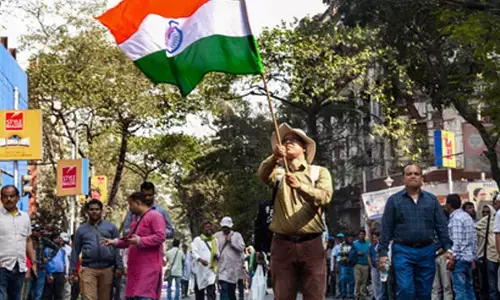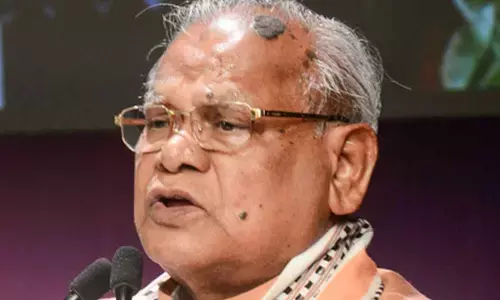It is ok to run on an empty stomach

Running is the greatest metaphor for life because you get out of it what you put into it.
"Running is the greatest metaphor for life because you get out of it what you put into it."
— Oprah Winfrey
Participating in a Marathon, for example, a half-long marathon, the basic distance for a road running event should not cause uneasiness... Be that as it may, be a methodological approach to the big day will allow you to avoid the greatest pitfalls.
"The voice inside your head that says you can't do this is a liar." Run till you win....
— Unknown
THE PRINCIPLE OF TRAINING WITHOUT HAVING EATEN BEFOREHAND
As its name indicates, training without having eaten beforehand improves the body's capacity for mobilizing energy. Drinking a glass or a cup of sugar-free tea is, in any case, suggested.
Running on an empty stomach – around 30 minutes at endurance pace – does not, in theory, pose any health risks. This is particularly valid for runners who are generally fit and used to running. A life form with enough reserves can tolerate moderate-intensity sessions with no prior calorie intake.
Remember: during the night, just hepatic glycogen is burned. The fuel stored in your muscles remains to a great extent remains intact.. Nonetheless, preparing without having eaten beforehand mobilizes the lipid channel prior. Numerous runners along these lines pick this sort of session for weight reduction (they now and then discuss the craving to "dry out") and to expand their degree of performance when sugar stores are largely burnt.
ADVANTAGES, BUT ALSO SOME DISADVANTAGES...
Regular training without having eaten already improves the body's capacity for mobilizing energy. An examination distributed in 2008 demonstrated that competitors normally preparing in perseverance sports consume fats all the more effectively – and, simultaneously, protect a greater amount of their glycogen reserves – than stationary or untrained subjects. They likewise rebuild their stores all the more rapidly after exercise.
But be careful! Running on an unfilled stomach over and again and (at times) for a really long time can cause significant signs of exhaustion, and even lead to headaches or stomach related issue. It is important to be reasonable in the frequency and lengths of this type of work and no matter what to make you listen to your body.
PRECAUTIONS TO TAKE
- Training without having eaten beforehand is not recommended for novice runners or those with no experience in endurance sports. Check with your physician to ensure that you do not have undiagnosed diabetes, which could lead to brutal hypoglycemia.
- Eat a dinner rich in complex carbohydrates each evening before training on an empty stomach in order to improve your glycogen reserves.
- Be cautious and follow a true progression in the length of your morning outings. It is important to check how your body tolerates them and to take care when increasing their duration.
- Avoid leaving for an adventure across the countryside; instead, choose loop routes that can be shortened if you are not feeling well (dizziness, hunger, etc.).
- You should target your endurance pace (no more than 70% of your maximum heart rate) when training on an empty stomach. Avoid interval training.
- Unless training for a marathon – and only for experienced athletes – training on an empty stomach should not exceed 50 minutes. It is important to hydrate regularly during your workout.
- Eat immediately after the end of your workout.
"Low glycogen training", a training technique involving particularly intense efforts (intervals) by bodies low in carbohydrates, is practised more and more by Kenyan athletes. The goal is to become used to running in the same state as you would be during the last ten kilometres of a marathon – without a significant loss of performance.














